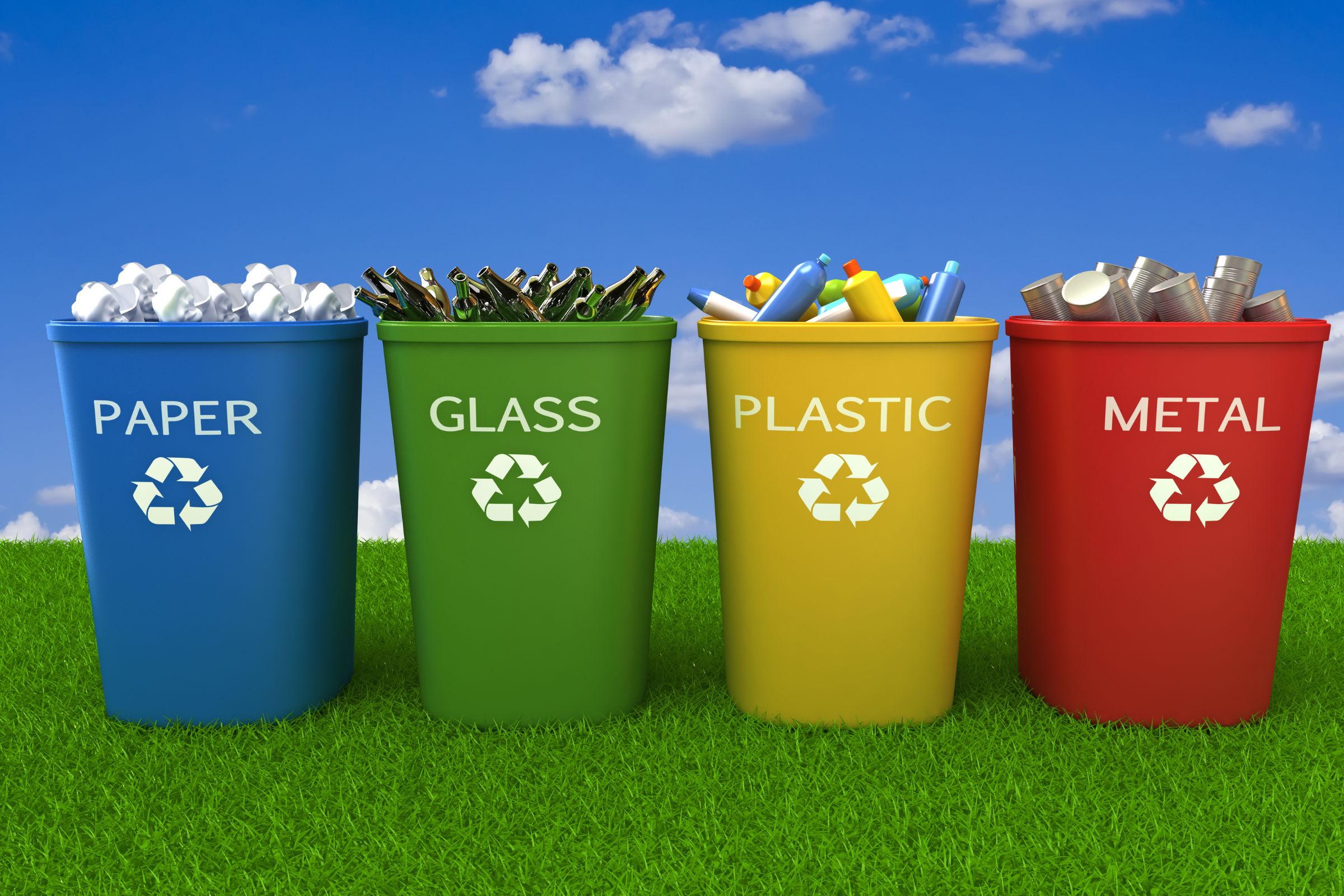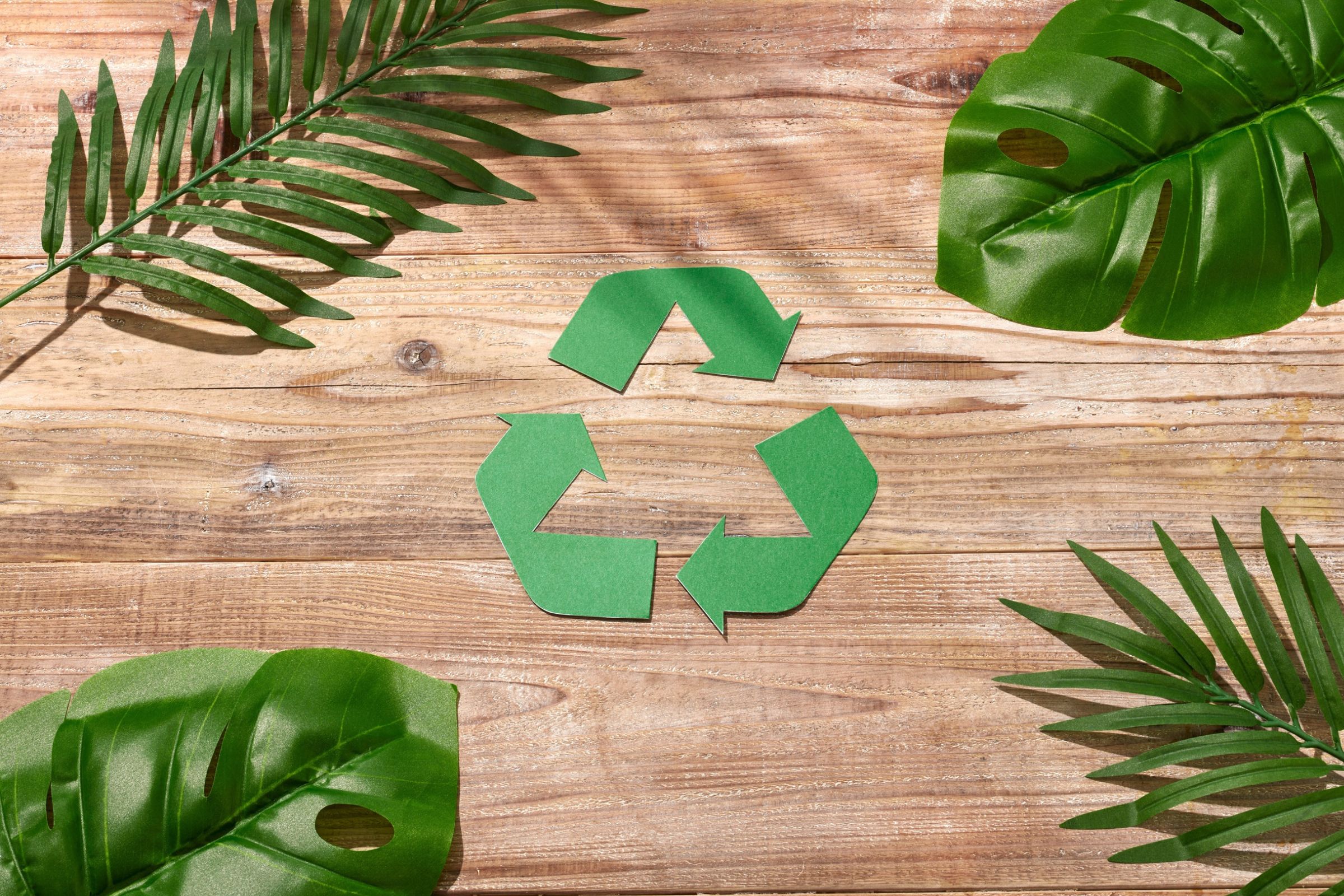In today’s world, adopting sustainable waste disposal practices has never been more important. Whether you…
Living sustainably isn’t just a trend—it’s a necessity. For families and individuals who want to reduce household waste in NJ, adopting simple, eco-conscious habits can make a major difference. With increasing concerns over landfill overflow and environmental health, every effort to cut waste supports a cleaner, greener New Jersey.
Whether you’re just beginning your journey into sustainable living in NJ or you’re looking for new ways to step up your efforts, these tips will help you build better habits—and reduce your environmental impact in the process.
1. Start Composting Food and Yard Waste
A large portion of household waste comes from food scraps and yard debris. Rather than sending these materials to a landfill, compost them to create nutrient-rich soil for your garden. Composting not only reduces waste but also lowers methane emissions from organic materials decomposing in landfills. It’s a fundamental part of green waste management and can be done easily with a backyard bin or indoor composter.
2. Reuse and Repurpose Containers and Materials
Before you toss an item into the trash or even the recycling bin, ask yourself: can this be reused? Jars can become storage containers, old T-shirts can be cleaning rags, and shipping boxes can be reused for organizing or future deliveries. Repurposing items supports sustainable living in NJ and reduces the need to purchase new products, cutting down on manufacturing-related waste.
3. Understand What’s Recyclable and What’s Not
Confusion about recycling rules leads to contaminated loads, which often end up in landfills. Educate yourself on what materials your local recycling center accepts. Some towns have single-stream recycling while others require materials to be separated. By following local guidelines, you can support more effective household recycling solutions and ensure that recyclable materials actually get reused.
4. Purchase in Bulk to Minimize Packaging Waste
Buying in bulk reduces the amount of packaging you bring into your home. Fewer individual wrappers, bottles, and boxes mean less waste for disposal or recycling. Many local stores and co-ops offer refill stations for common household products, making it easier to shop with sustainability in mind. This small switch can significantly help to reduce household waste in NJ over time.
5. Use Mazza’s Services to Manage Larger Waste Responsibly
When it’s time to clean out the garage, renovate a room, or dispose of bulky items, having access to the right waste management services is crucial. Mazza Recycling offers solutions tailored to every kind of household need—from convenient dumpster rentals to curbside pickup for oversized waste. These services play a key role in green waste management, allowing residents to safely and responsibly dispose of materials that aren’t suitable for regular trash or recycling pickup.
Conclusion
Cutting down on household waste doesn’t require major lifestyle changes—it starts with small, consistent actions. Composting, reusing, recycling properly, smart shopping, and working with professional services like Mazza Recycling are all excellent ways to reduce your footprint. Looking for more eco-friendly recycling tips? Contact Mazza Recycling to learn how our services can support your waste reduction goals and help build a more sustainable New Jersey.



